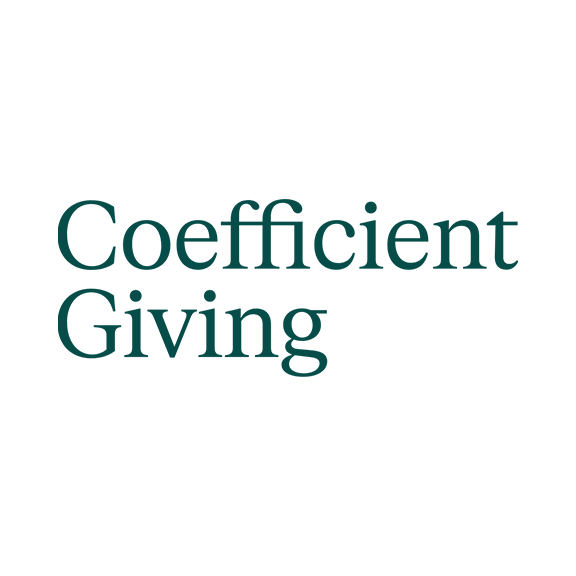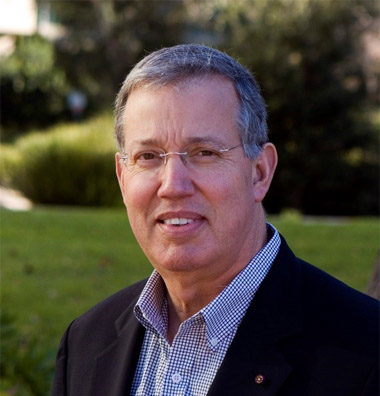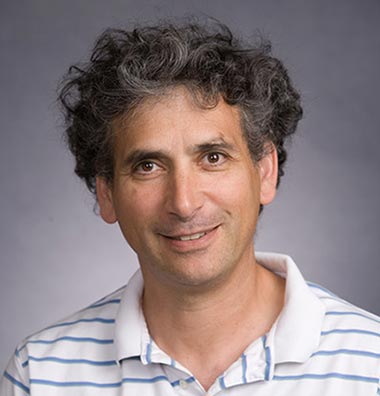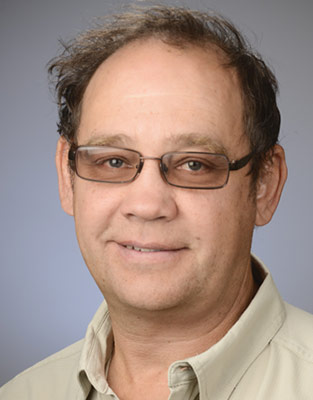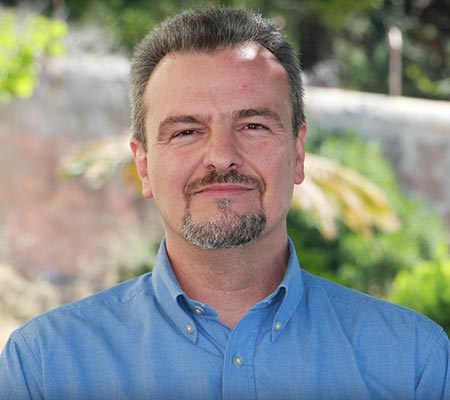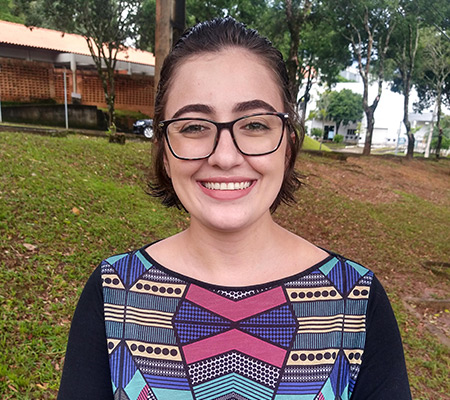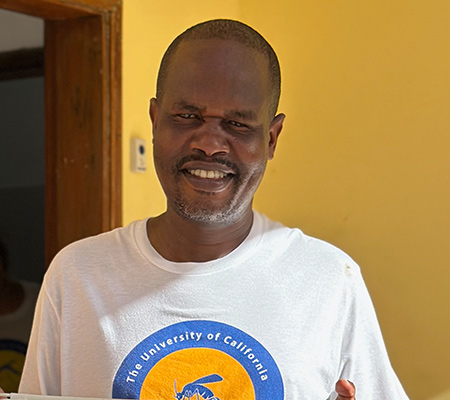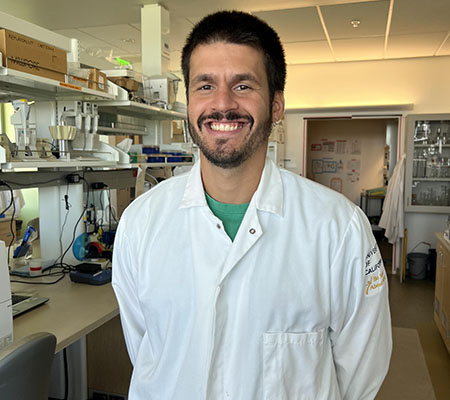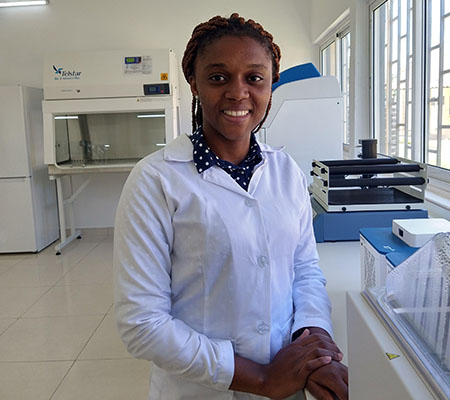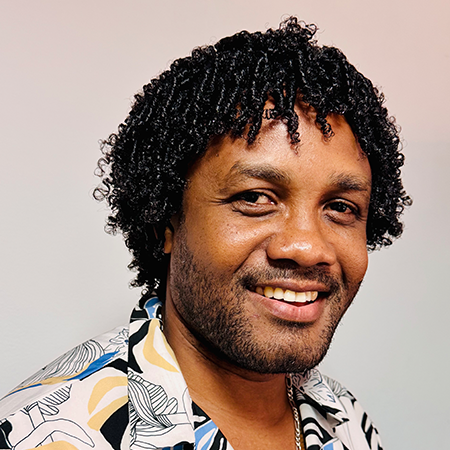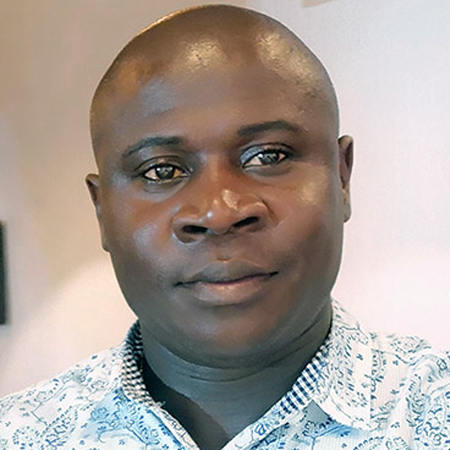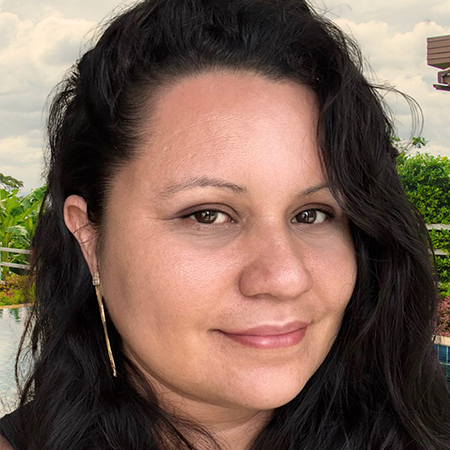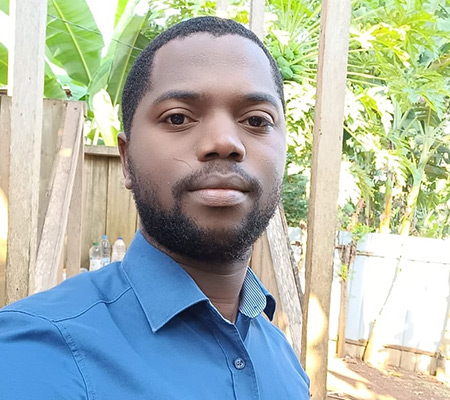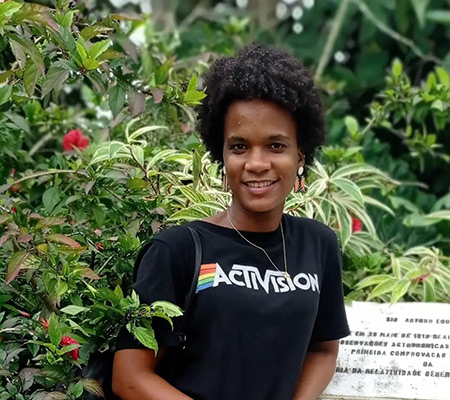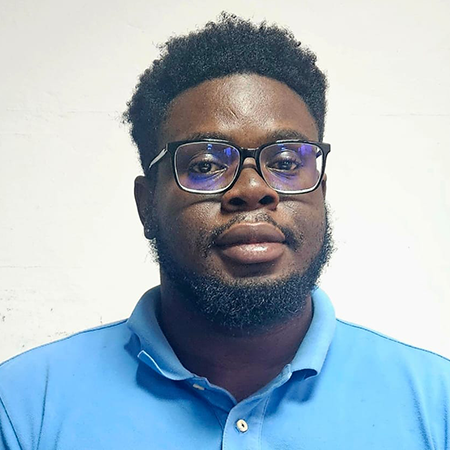OUR MISSION IS TO CONTRIBUTE TO THE ERADICATION OF HUMAN MALARIA
We are genetically modifying mosquito populations to prevent them from transmitting the parasites that cause malaria. The aim is to collaborate with malaria-endemic countries to develop new tools to add to the existing methods of malaria control. If a country determines that the genetically modified mosquito is an appropriate malaria control tool for them, they will co-develop the modified mosquito and the implementation strategy required for a release.
The vast majority of malaria cases and deaths occur in Africa. For this reason, the African Anopheles malaria mosquitoes are the main focus of research by UCMI scientists, who have spent decades studying these mosquitoes.
UCMI IS A NOT-FOR-PROFIT RESEARCH COLLABORATIVE

RELATIONSHIP-BASED
APPROACH
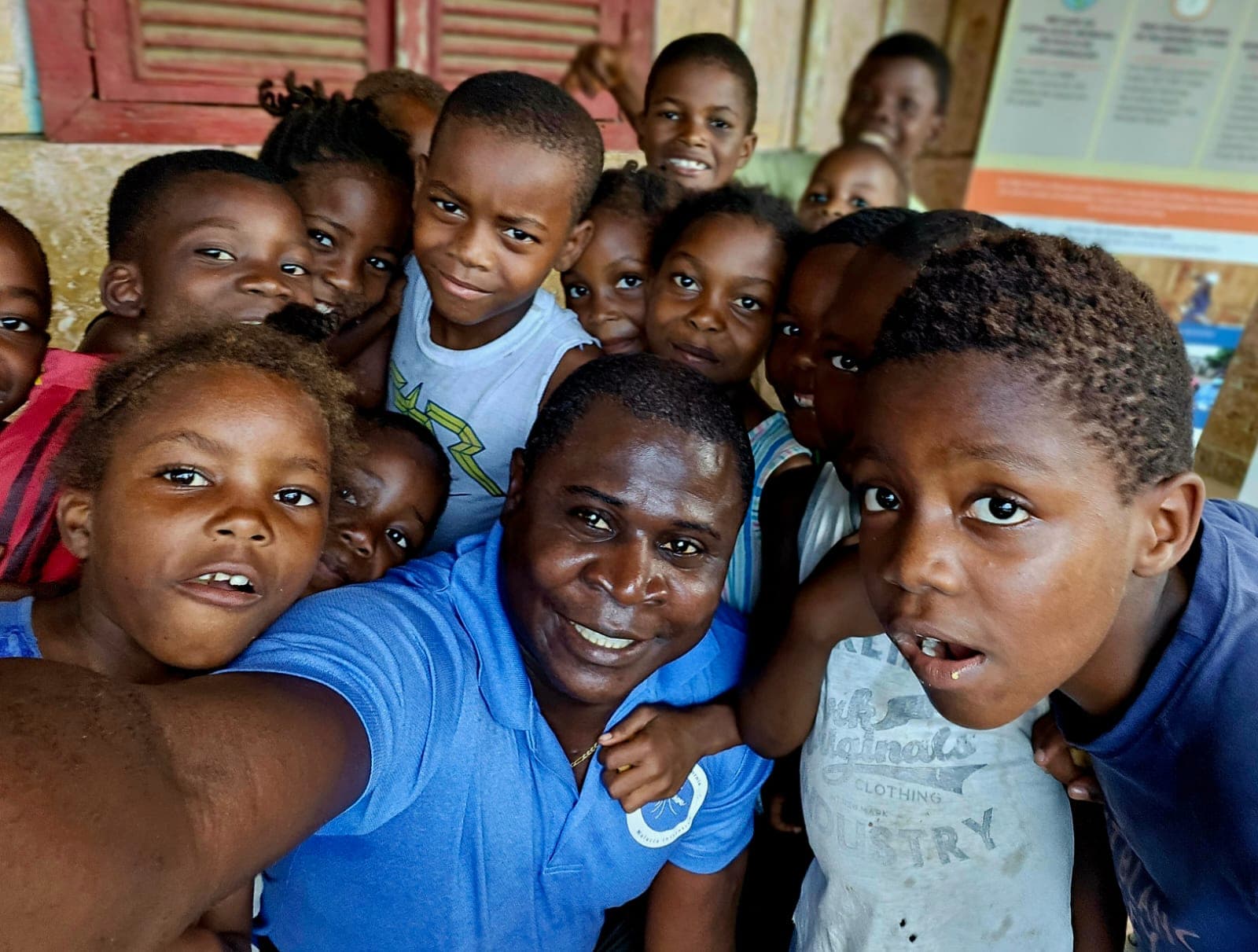
Our work emphasizes the importance of establishing open dialogue, collaboration, and relationships of trust with stakeholders and community members where research is being conducted. It places stakeholders and community members at the center of the decision-making processes that drive every phase of the research.
Malaria is one of the oldest and deadliest diseases in the world and it is completely preventable. We are committed to working in collaboration with our partner research institutions, funders, collaborators in Africa and Europe, regulatory experts, and other malaria control organizations in an effort to eradicate this devastating disease.
- Principal Investigators
- Field and Laboratory Science
- Engagement
- Administration
Dr. Anthony A. James is the principal investigator of the research group at the University of California, Irvine (UCI). He is a Donald Bren and Distinguished Professor of Microbiology & Molecular Genetics (School of Medicine) and Molecular Biology & Biochemistry (School of Biological Sciences), and a member of the National Academy of Sciences (USA). An alumnus of UCI, he did postdoctoral work at Harvard Medical School and Brandeis University. His research group is recognized widely for its contributions to molecular biological investigations of mosquitoes and the development of genetic approaches to controlling vector-borne diseases. Their work for UCMI involves the development of engineered genes that interfere with malaria parasite development in mosquitoes coupled with gene-drive systems as part of a population modification control strategy.
Dr. Gregory C. Lanzaro is a Professor in the Department of Veterinary Pathology, Microbiology and Immunology, and the founder and chief of the Vector Genetics Laboratory at University of California, Davis. He has over 35 years’ experience in the field of medical entomology, with a focus on vector population genetics. Dr. Lanzaro has extensive field experience in Africa and his role in the UCMI project is to lead the effort in conducting field trials to evaluate the performance of genetically engineered mosquitoes, and to determine their efficacy in eliminating malaria.
Dr. Ethan Bier is an Allen Distinguished professor in the section of Cell and Developmental Biology at University of California, San Diego (UCSD). He received his Ph.D. from Harvard Medical School where he studied regulation of immune genes and did his postdoctoral studies at UCSD on the development of the nervous system. Dr. Bier was a pioneer in developing the CRISPR-Cas9 based Gene Drive system, initially in Drosophila, and subsequently in mosquitoes, in partnership with Dr. James.
Dr. George Dimopoulos is a professor at Johns Hopkins Bloomberg School of Public Health, Department of Molecular Microbiology and Immunology. He serves as deputy director of the Johns Hopkins Malaria Research Institute and director of its Parasitology Core facility. Dr. Dimopoulos has developed pathogen resistant mosquitoes based on genetic engineering of the mosquito’s immune system, and CRISPR/CAS9-based disruption of pathogen host factor.
Dr. Gregory C. Lanzaro is a Professor in the Department of Veterinary Pathology, Microbiology and Immunology, and the founder and chief of the Vector Genetics Laboratory at University of California, Davis. He has over 35 years’ experience in the field of medical entomology, with a focus on vector population genetics. Dr. Lanzaro has extensive field experience in Africa and his role in the UCMI project is to lead the effort in conducting field trials to evaluate the performance of genetically engineered mosquitoes, and to determine their efficacy in eliminating malaria.
Dr. Anthony Cornel is a Medical Entomologist and a Professor for the Department of Entomology in the College of Agricultural and Environmental Sciences at University of California, Davis. He received his master’s degree and PhD in South Africa where his studies focused on African arboviruses and their mosquito vectors. His areas of expertise include mosquito cytogenetics, ecology, genomics, systematics, and population biology, with a particular emphasis on field ecology. He has over 30 years of field experience working in Africa and will be leading studies of mosquito ecology at the UCMI field sites.
Dr. João Pinto is Assistant Professor and Head of the Medical Entomology Unit of the Instituto de Higiene e Medicina Tropical, Universidade Nova de Lisboa. His research interests focus on the bioecology and genetics of mosquito vectors of disease with emphasis on Afrotropical malaria vectors. He has over 20 years of experience conducting field work and training actions in Africa. Dr. Pinto will lead field operations on the islands of São Tomé and Príncipe, participating in field collections and implementing training and capacity building activities.
Ms. Ana Kormos received her Master of Public Health at University of California, Davis. She has more than 12 years of experience working in executive leadership roles for community health centers and has led system-wide transformation of care delivery using the relationship-based model. She has experience in development and implementation of community engagement programs in rural, underserved communities in the United States and in Mexico. She is the UCMI Program Administrator.
Engagement Focal Point in São Tomé and Príncipe
Lodney Nazaré, is São Tomé and Príncipe citizen, with a degree in Biological Sciences from the Federal University of Para-Brazil. Lodney joins the UCMI/UNDP team from the NGO Oikos, where he worked as a co-management specialist in the creation of a network of marine protected areas in Sao Tomé and Principe facilitating the exchange of knowledge, and stakeholder engagement among diverse groups of people. In recent years, he coordinated the grievance mechanism for an oil and gas project, coordinated several Environmental and Social Impact Assessments for international energy companies, and managed social baseline data collection and stakeholder engagement for important projects in São Tomé and Príncipe, Nigeria and Brazil. Prior to that, he worked as a teacher at several Educational Institutions in São Tomé, including secondary school and Public and Private University. In his professional career, he also worked as a technician in STP State Institutions including: Pedagogical Supervisor for Secondary Education, Biologist in the Fisheries Department, and Sanitary Inspector for fishery products. Between 2012 and 2017 he worked at the Joint Development Authority between Nigeria and São Tomé and Príncipe as a marine biologist in the Department of Non-Hydrocarbon Resources.
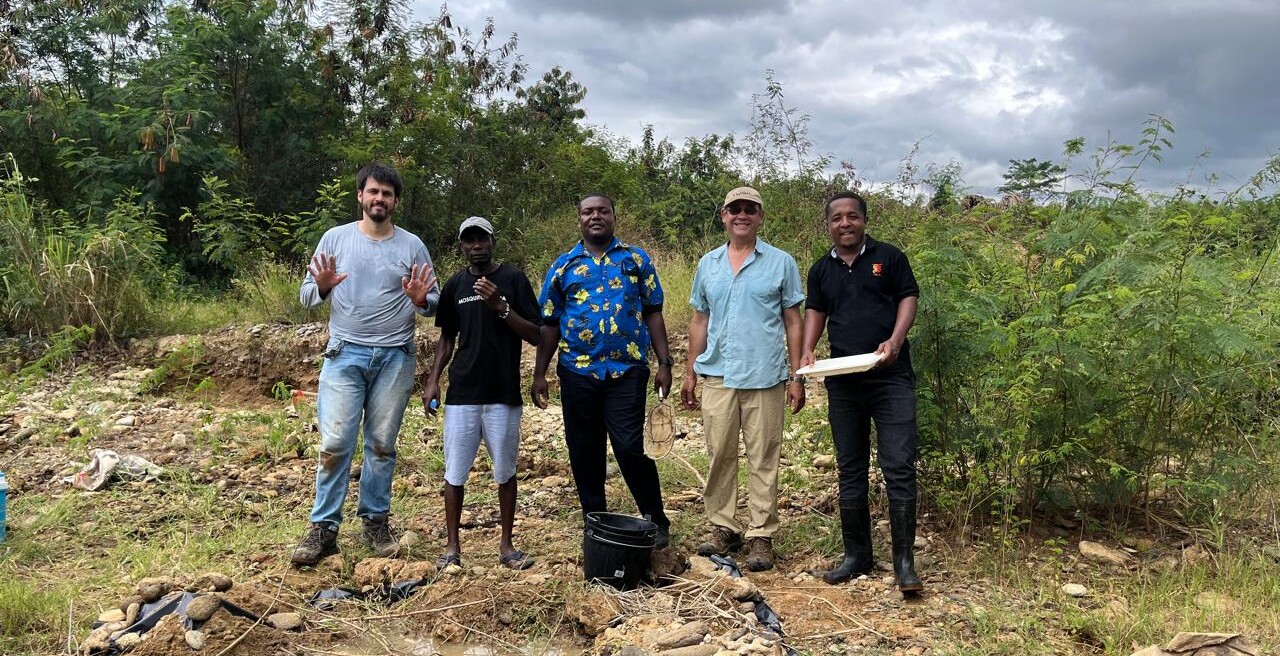
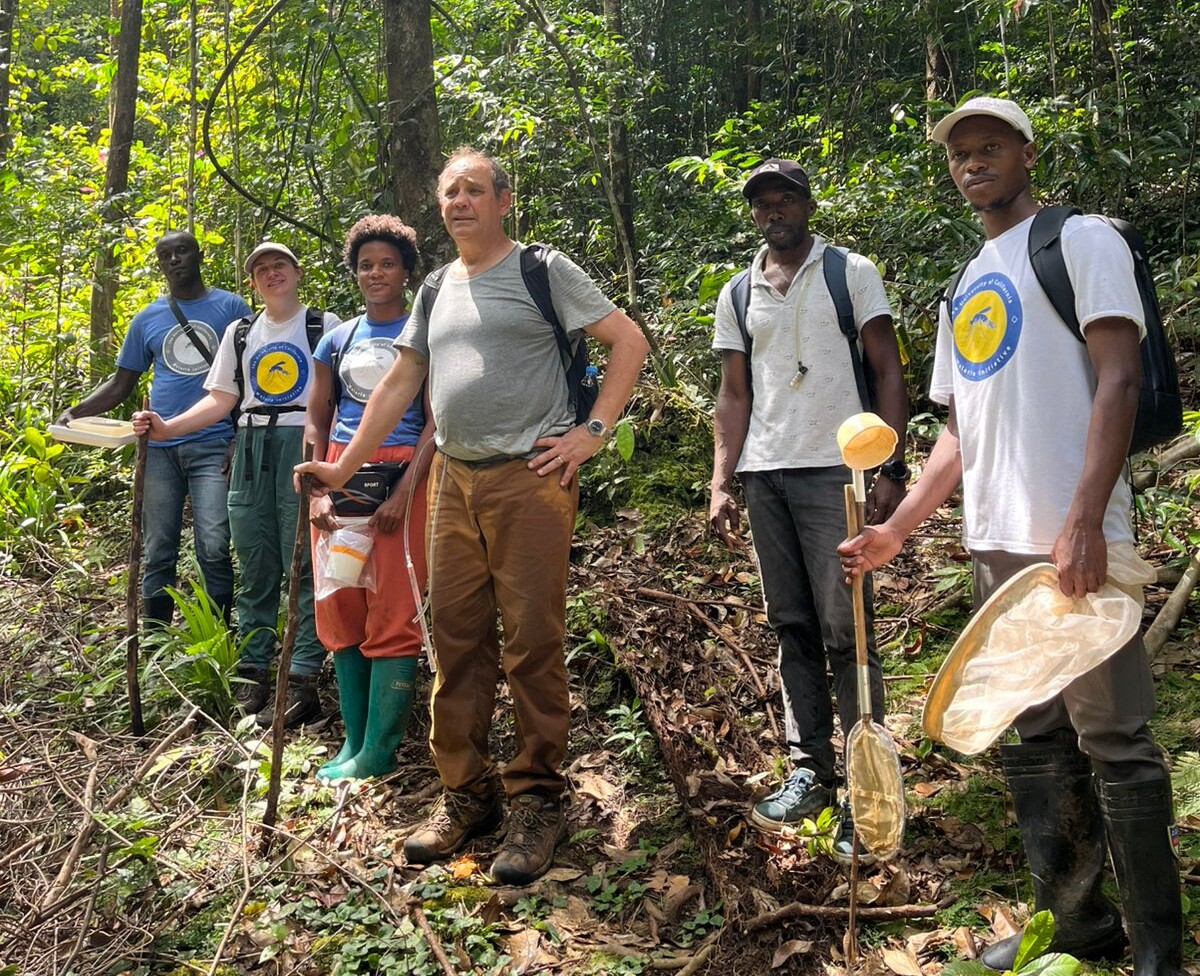
Ana Kormos
Ms. Ana Kormos received her Master of Public Health at University of California, Davis. She has more than 12 years of experience working in executive leadership roles for community health centers and has led system-wide transformation of care delivery using the relationship-based model. She has experience in development and implementation of community engagement programs in rural, underserved communities in the United States and in Mexico. She is the UCMI Program Administrator.
Dr. Anthony A. James is the principal investigator of the research group at the University of California, Irvine (UCI). He is a Donald Bren and Distinguished Professor of Microbiology & Molecular Genetics (School of Medicine) and Molecular Biology & Biochemistry (School of Biological Sciences), and a member of the National Academy of Sciences (USA). An alumnus of UCI, he did postdoctoral work at Harvard Medical School and Brandeis University. His research group is recognized widely for its contributions to molecular biological investigations of mosquitoes and the development of genetic approaches to controlling vector-borne diseases. Their work for UCMI involves the development of engineered genes that interfere with malaria parasite development in mosquitoes coupled with gene-drive systems as part of a population modification control strategy.
Dr. Gregory C. Lanzaro is a Professor in the Department of Veterinary Pathology, Microbiology and Immunology, and the founder and chief of the Vector Genetics Laboratory at University of California, Davis. He has over 35 years’ experience in the field of medical entomology, with a focus on vector population genetics. Dr. Lanzaro has extensive field experience in Africa and his role in the UCMI project is to lead the effort in conducting field trials to evaluate the performance of genetically engineered mosquitoes, and to determine their efficacy in eliminating malaria.
Dr. Ethan Bier is an Allen Distinguished professor in the section of Cell and Developmental Biology at University of California, San Diego (UCSD). He received his Ph.D. from Harvard Medical School where he studied regulation of immune genes and did his postdoctoral studies at UCSD on the development of the nervous system. Dr. Bier was a pioneer in developing the CRISPR-Cas9 based Gene Drive system, initially in Drosophila, and subsequently in mosquitoes, in partnership with Dr. James.
Dr. George Dimopoulos is a professor at Johns Hopkins Bloomberg School of Public Health, Department of Molecular Microbiology and Immunology. He serves as deputy director of the Johns Hopkins Malaria Research Institute and director of its Parasitology Core facility. Dr. Dimopoulos has developed pathogen resistant mosquitoes based on genetic engineering of the mosquito’s immune system, and CRISPR/CAS9-based disruption of pathogen host factor.
Dr. Gregory C. Lanzaro is a Professor in the Department of Veterinary Pathology, Microbiology and Immunology, and the founder and chief of the Vector Genetics Laboratory at University of California, Davis. He has over 35 years’ experience in the field of medical entomology, with a focus on vector population genetics. Dr. Lanzaro has extensive field experience in Africa and his role in the UCMI project is to lead the effort in conducting field trials to evaluate the performance of genetically engineered mosquitoes, and to determine their efficacy in eliminating malaria.
Dr. Anthony Cornel is a Medical Entomologist and a Professor for the Department of Entomology in the College of Agricultural and Environmental Sciences at University of California, Davis. He received his master’s degree and PhD in South Africa where his studies focused on African arboviruses and their mosquito vectors. His areas of expertise include mosquito cytogenetics, ecology, genomics, systematics, and population biology, with a particular emphasis on field ecology. He has over 30 years of field experience working in Africa and will be leading studies of mosquito ecology at the UCMI field sites.
Dr. João Pinto is Assistant Professor and Head of the Medical Entomology Unit of the Instituto de Higiene e Medicina Tropical, Universidade Nova de Lisboa. His research interests focus on the bioecology and genetics of mosquito vectors of disease with emphasis on Afrotropical malaria vectors. He has over 20 years of experience conducting field work and training actions in Africa. Dr. Pinto will lead field operations on the islands of São Tomé and Príncipe, participating in field collections and implementing training and capacity building activities.
Ms. Ana Kormos received her Master of Public Health at University of California, Davis. She has more than 12 years of experience working in executive leadership roles for community health centers and has led system-wide transformation of care delivery using the relationship-based model. She has experience in development and implementation of community engagement programs in rural, underserved communities in the United States and in Mexico. She is the UCMI Program Administrator.
Engagement Focal Point in São Tomé and Príncipe
Lodney Nazaré, is São Tomé and Príncipe citizen, with a degree in Biological Sciences from the Federal University of Para-Brazil. Lodney joins the UCMI/UNDP team from the NGO Oikos, where he worked as a co-management specialist in the creation of a network of marine protected areas in Sao Tomé and Principe facilitating the exchange of knowledge, and stakeholder engagement among diverse groups of people. In recent years, he coordinated the grievance mechanism for an oil and gas project, coordinated several Environmental and Social Impact Assessments for international energy companies, and managed social baseline data collection and stakeholder engagement for important projects in São Tomé and Príncipe, Nigeria and Brazil. Prior to that, he worked as a teacher at several Educational Institutions in São Tomé, including secondary school and Public and Private University. In his professional career, he also worked as a technician in STP State Institutions including: Pedagogical Supervisor for Secondary Education, Biologist in the Fisheries Department, and Sanitary Inspector for fishery products. Between 2012 and 2017 he worked at the Joint Development Authority between Nigeria and São Tomé and Príncipe as a marine biologist in the Department of Non-Hydrocarbon Resources.


Ana Kormos
Ms. Ana Kormos received her Master of Public Health at University of California, Davis. She has more than 12 years of experience working in executive leadership roles for community health centers and has led system-wide transformation of care delivery using the relationship-based model. She has experience in development and implementation of community engagement programs in rural, underserved communities in the United States and in Mexico. She is the UCMI Program Administrator.
